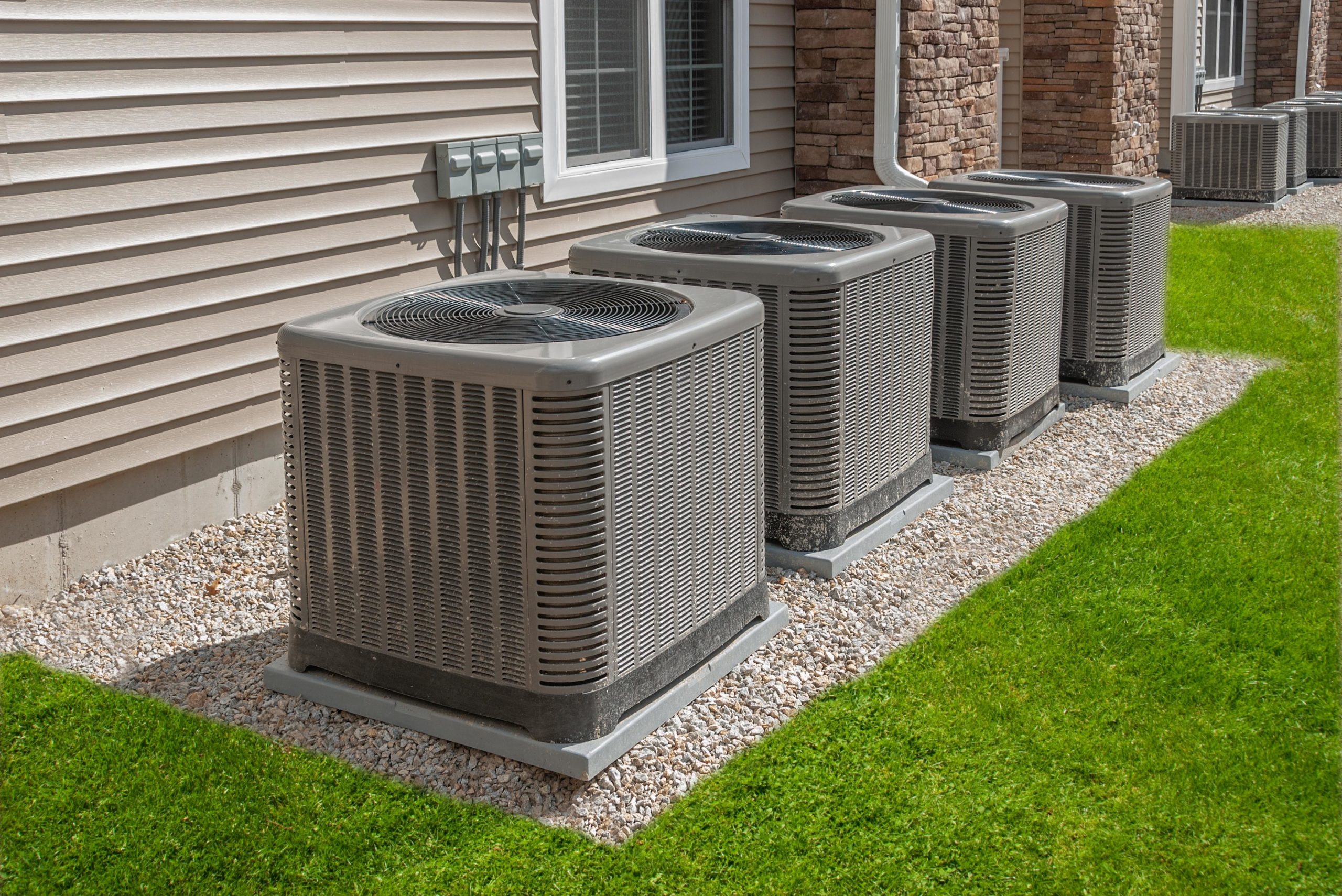Summer Indoor Thermal Conditions and Heat Adaptation in Chicago Residences

As the climate warms, there is growing momentum towards characterizing heat exposure and vulnerability to extreme heat. Existing research in the U.S. shows that places with historically cooler climates like Chicago face particular health risks from rising temperatures since the prevalence of central air conditioning is much lower than the national rate, the residential buildings were designed to retain heat, and the population is generally less acclimatized and prepared for extreme heat. Better understanding indoor temperatures is important to provide a more accurate representation of heat exposure since many Americans spend majority of their time at home.
During the summer of 2023, Elevate and the Illinois Institute of Technology conducted a study measuring temperature and relative humidity in ten Chicago homes without central air conditioning. The homes included in the study represent five common housing types in Chicago, and the lack of central air conditioning in these homes is also a common characteristic of Chicago’s residential building stock. Surveying the study participants yielded key insights on heat adaptive behaviors and participants’ challenges and perceptions of extreme heat.
The results showed that indoor temperatures in 80% of the homes reached dangerous levels during the worst heat wave of the summer. To cope with these extreme conditions, participants reported using a variety of strategies to keep cool. Yet, many reported that the home remained uncomfortably warm despite their efforts. Overall, the results indicate that typical residential buildings in Chicago without central air-conditioning can experience acute and chronic indoor heat during the summer.
The findings presented in this report underscore the importance of policies and programs to protect people from extreme heat and prevent future heat-related health issues. Based on these findings, we recommend increased access to safe conditions, additional risk assessment, and improved risk communication and education. These recommendations offer solutions toward reduced heat vulnerability and increased resilience among Chicago communities.
Read the full report here.
This project was funded by the Buffett Institute for Global Affairs at Northwestern University through the Defusing Disasters Working Group. Northwestern’s Defusing Disasters Working Group aims to reduce the harmful impacts of extreme weather, and their current portfolio of work includes the development of a public health-based, community-driven Heat Vulnerability Index with the Chicago Department of Public Health.
Stay Connected
Join our email list for news and updates.
